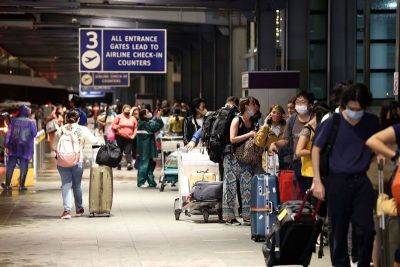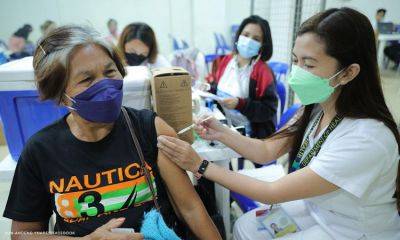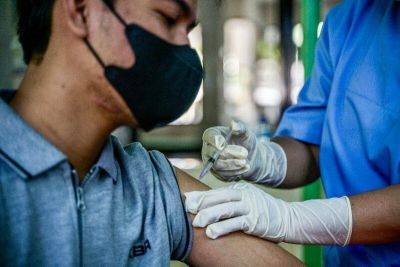WHO: JN.1 COVID ‘variant of interest’ poses low risk
THE World Health Organization (WHO) has classified the JN.1 coronavirus (COVID-19) strain as a “variant of interest” but said current evidence shows it poses low risk to public health.
At least two experts have said that while the strain can evade the immune system and transmit more easily than other currently circulating variants, it has not shown any signs of being a more severe disease.
Andrew Pekosz, a virologist at the Johns Hopkins Bloomberg School of Public Health, said that while there might be more cases with the variant, JN.1 doesn’t pose a greater risk,
The JN.1 strain was first detected in the United States in September. Last week, China detected seven infections of the COVID subvariant.
JN.1 was previously by classified as a variant of interest as part of its parent lineage BA.2.86, but WHO has now classified it as a separate variant of interest.
The agency said current vaccines will continue to protect against severe disease and death from JN.1 and other circulating variants of the COVID-19 virus.
The U.S. Centers for Disease Control and Prevention (CDC) said earlier this month the subvariant JN.1 makes up about an estimated 15 percent to 29 percent of cases in the United States as of December 8.
The CDC had said currently there was no evidence that JN.1 presents an increased risk to public health relative to other currently circulating variants and an updated shot would keep the population protected against the variant.
‘DUE TIME’
Philippine College of Physicians (PCP) president Dr. Rontgene Solante said the JN.1 variant is expected to enter the country and infect Filipinos in “due time” as he noted that “it is already in neighboring countries, and we don’t have any travel restrictions.”
“Most likely, in due time, it will enter the country,” said Solante, adding it is even possible that it is already in the country but have yet to be detected by the Philippine Genome Center.
“It could also be one of the reasons why cases are increasing now in the country,” he said.
The country has been seeing a spike in COVID-19 cases in recent weeks.
For the period of December 12 to 18, the Department of Health reported an average of 389 new COVID-19 cases daily,







